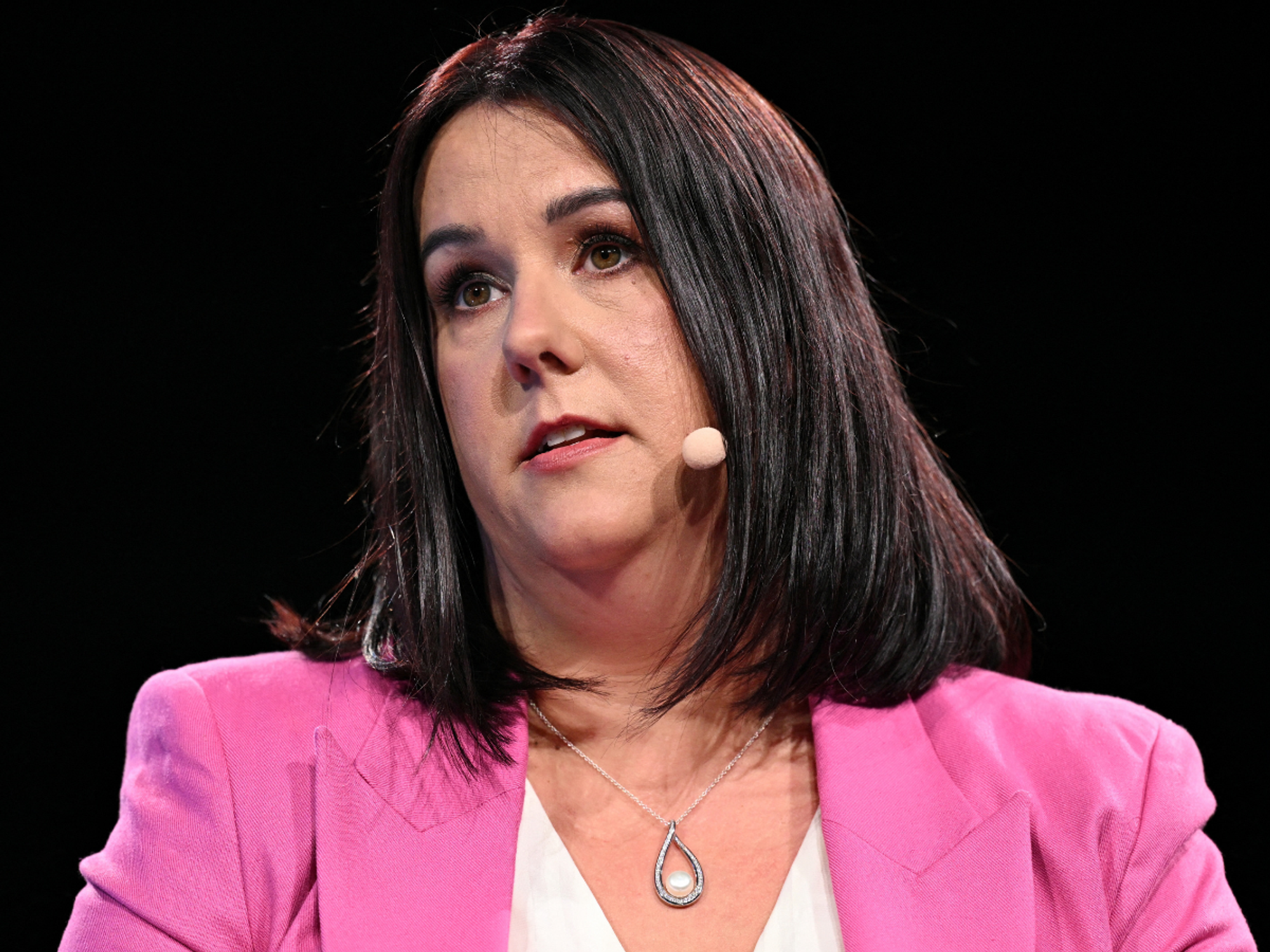'Look and feel your best!' Women over 50 told the 'best' ways to lose weight around menopause

An expert shared various ways to lose weight
| GETTY
An expert shared why you may gain weight during menopause and how to combat this
Don't Miss
Most Read
Midlife weight gain is a common concern for many women, particularly around menopause. This time can have significant impacts on overall health and well-being.
Registered dietician Danielle Rancourt from Pivot Nutrition explained how menopause affects weight.
Danielle said: "While menopause may not directly cause weight gain, hormonal fluctuations (a fall in estrogen and progesterone) and other factors can contribute to weight gain in midlife women."
Understanding these factors is crucial for women navigating this life stage and seeking to maintain a healthy weight.

Prioritising sleep is good for weight loss
| GETTYThe expert shared some practical advice for women looking to manage their weight and health during menopause.
She lists the "best things you can do to look and feel your best midlife". These are a great place to start for weight loss.
These include:
- Strength training at least twice per week
- Eating adequate amounts of quality protein daily (20g to 30g at meals)
- Building blood sugar-balanced meals and snacks throughout the day
- Spending time outdoors and getting exposure to sunlight, especially upon waking
- Managing stress
- Prioritising sleep
- Seeking help from a qualified women's health provider to manage your symptoms
- Educating yourself on HRT
There are many reasons why slimmers gain weight around perimenopause. Danielle said the main reasons are:
- Decrease estrogen and progesterone
- Decrease in muscle mass - this is why strength training and adequate protein are so important at this stage
- Decreased metabolic rate (due to decrease in muscle mass)
The decline in muscle mass is particularly noteworthy, as it directly affects metabolic rate. This underscores the importance of strength training and protein intake in Danielle's recommendations.
Hormonal fluctuations, particularly the decrease in estrogen and progesterone, play a crucial role in altering the body's fat distribution and storage patterns during menopause.
LATEST DEVELOPMENTS

The expert recommended eating protein at every meal
|GETTY
Lifestyle factors also play a significant role in midlife weight gain, according to Danielle. She added that "poor sleep (most often due to hot flashes), cortisol imbalance (due to chronic stress and/or chronic dieting and genetics" are some of the main reasons behind this.
Sleep disturbances, often caused by menopausal symptoms like hot flashes, can disrupt hormonal balance and metabolism. Chronic stress and repeated dieting can lead to cortisol imbalances, further complicating weight management.
Genetics also influence how a woman's body responds to these changes. The expert added managing stress, prioritising sleep, and seeking professional help can address these lifestyle factors directly.
Understanding these complex interactions can help women develop more effective strategies for maintaining a healthy weight during menopause.










